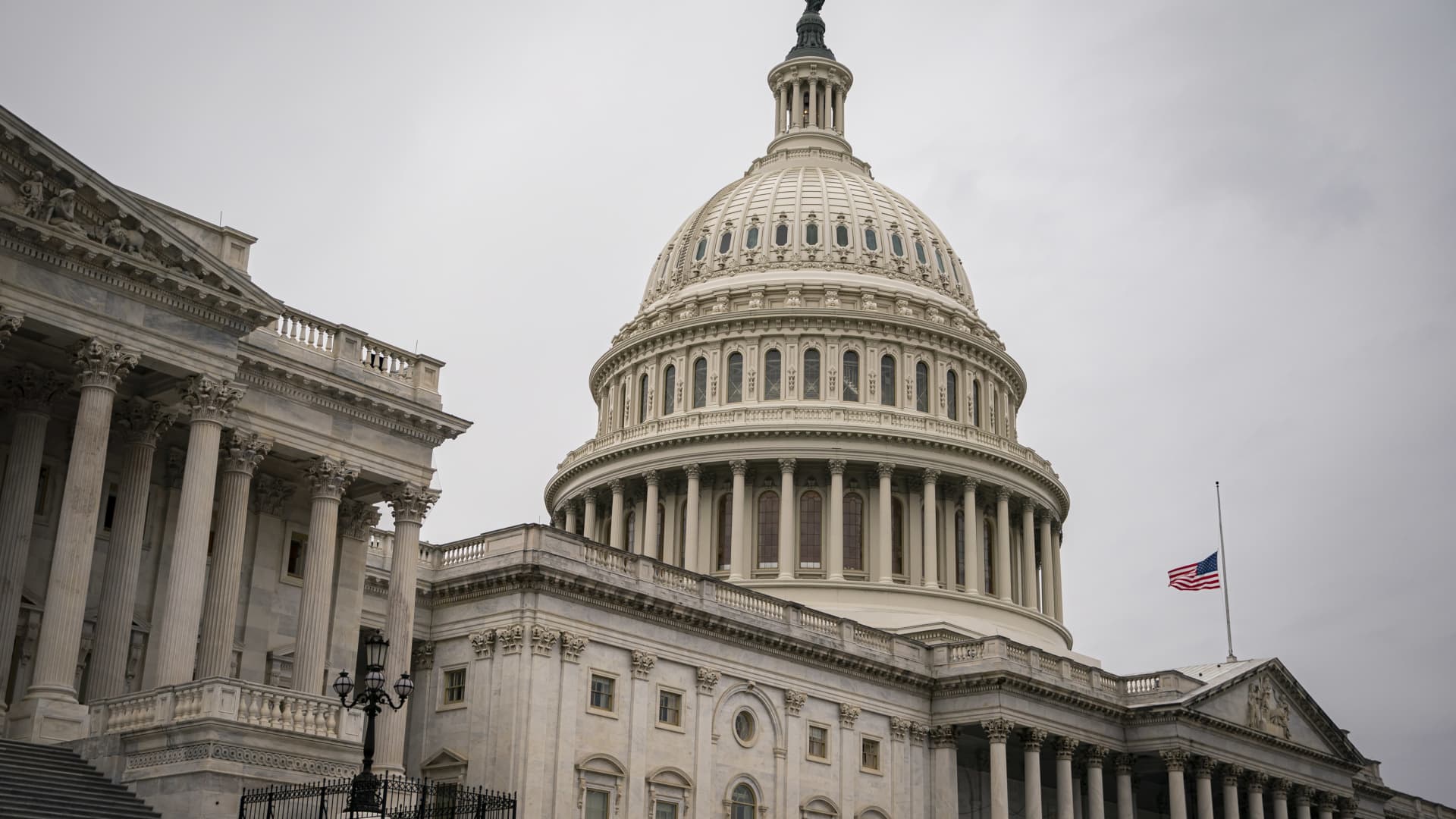By Samantha Wilt, Senior Policy Analyst, Climate & Clean Energy Program
The landmark Climate Leadership and Community Protection Act’s (CLCPA) ambitious goal to reduce greenhouse gas emissions 85% by 2050 will require a transformation of the power, transportation and building sectors. As highlighted in the New York State Energy Research and Development Authority’s (NYSERDA) recently released draft Carbon Neutral Building Roadmap, most of New York’s 6.2 million buildings will need to be carbon neutral, which will require that the water and space heating in these buildings (along with cooking and clothes drying), be provided by highly efficient electric appliances over the next 30 years. To put us on the right path, a recent analysis by Synapse Energy Economics demonstrates that New York should commit to a goal of electrifying 2.1-2.5 million households by 2030. The state must also focus on an equitable transition to efficient, electrified buildings and direct significant resources to provide improved housing in Disadvantaged Communities.
Indeed, New York has already launched several promising pilot initiatives geared at ramping up deployment of electrification technologies, especially for affordable housing which will need additional resources to undertake these capital intensive projects. Through its Low Carbon Pathways for Multifamily Buildings program, NYSERDA is making $7.8 million available for owners or managers of multifamily buildings to implement low carbon solutions as part of planned upgrades. This new incentive complements existing capital planning support and free resources, which together provide a step-by-step pathway to decarbonize buildings. NYSERDA is also partnering with New York State Homes and Community Renewal on their new Clean Energy Initiative with $7.5 million for a pilot initiative to create up to 600 energy-efficient, all-electric affordable housing units. In addition, NYSERDA is also partnering with New York City’s Housing Preservation Department (HPD) on a $24 million pilot to decarbonize affordable housing, which is expected to support upgrades in approximately 1,200 living units of affordable housing and benefit 3,000 low-to-moderate income residents.
Despite ambitious midcentury goals and innovative programming, New York’s current short-term plans for heat pump deployment fall short. The Public Service Commission’s (PSC) January 2020 Order Authorizing Utility Energy Efficiency And Building Electrification Portfolios Through 2025 sets a minimum goal of 3.6 TBtu of net site energy savings from heat pumps through 2025, with a budget of $454 million for utility incentives and market development (read more on the order here and here). Utilities have started to implement these programs, coordinating efforts to ensure that all customers in New York State have access to comparable program offerings and incentives for heat pumps.
However, the 2020-2025 target will put the state in a difficult position to achieve its ultimate goals by 2050. A low near-term goal necessitates a very steep ramp up in heat pump adoption after 2025 and could require more than 1.5 million households to replace existing, still functioning fossil fuel systems in the 2040s (fossil systems that will be installed in the next decade that may have to be scrapped before the end of their useful lives to meet the 2050 goal).
Based on the findings in the Synapse analysis, New York should adopt a 2030 goal of 2.1–2.5 million households for heat pump retrofits, and assure adequate resources, especially for Disadvantaged Communities and low income households, and including market and workforce development, also focused especially on Disadvantaged Communities, to achieve that goal. Adopting this ambitious target will put the state on a trajectory of achieving its nation-leading climate goals in the most equitable and efficient way possible.
Originally published by NRDC, Expert Blog.
Appreciate CleanTechnica’s originality? Consider becoming a CleanTechnica Member, Supporter, Technician, or Ambassador — or a patron on Patreon.


